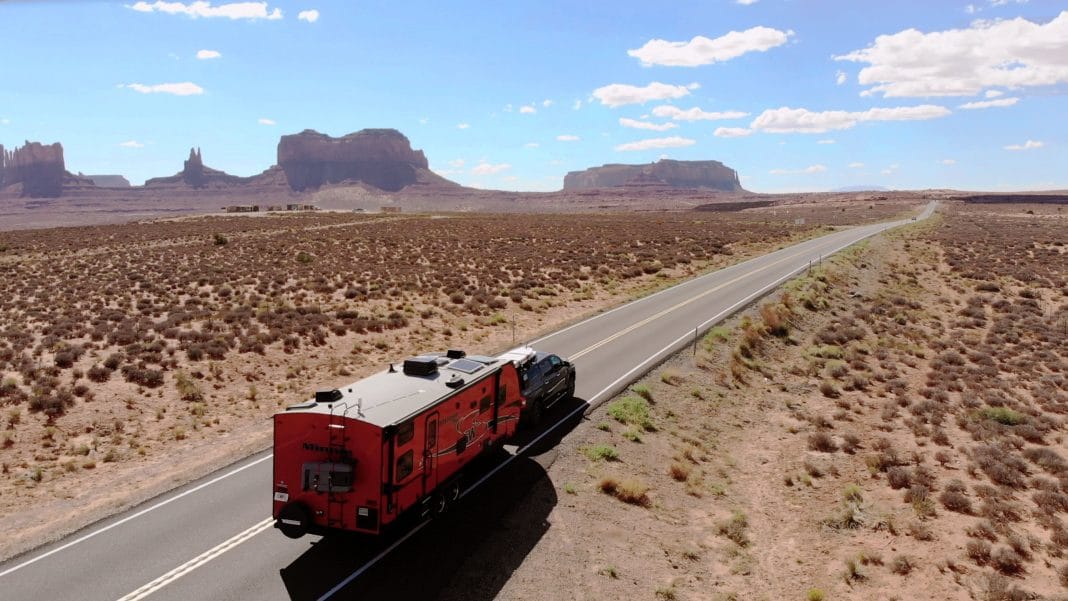Managing income and spending on the road are minor problems for most full-timers. Like so many of today’s chores, banks are geared to handling their customers’ finances without their physical presence. It’s all handled by computers and the U.S. Postal Service.
First question: Where do you bank? That depends on how you live, how much you travel and where you spend your time. If you spend a large amount of your time during the year in the same places, such as one particular snowbird roost in the winter and another favorite park all summer, then it seems logical to use a bank in one of those areas, so you can make personal visits. However, if you travel extensively and you are never quite sure where you will be, the location of your bank is irrelevant. Which bank do you choose? Simply, the one that provides most of the services that you require. Shop for one that gives you the most for the buck. For example, if you are like the average full-timer, you have a few deposits per month and you write a few checks; if so, you don’t need a wide variety of services. On the other hand, if you have investments that require considerable attention by the bank, you would be wise to consider staying with the bank that has been handling your accounts.
Most people nowadays pay with credit cards. There’s very little reason to carry a great deal of cash. Most of a
full-timer’s spending can be done with “plastic” with little or no penalty. Although interest rates on balances can be quite high, smart retirees pay their accounts promptly and thus incur no interest charges. A factor in choosing a bank is getting one that will provide you with a high-limit card. You never know when you will have an RV breakdown that
will cost a bundle.
An ATM card is a must in order to meet your cash needs as you travel. Since you’ll be using that card in many different cities and states, it makes sense to get a bank with branches all over the country. Using ATM machines at those branches usually costs you nothing; using their competitors’ machines costs you more than a dollar for each transaction. Incidentally, since many states permit service stations to charge 5 cents or more extra for credit-card use, most large stations, particularly truck stops, have ATM machines available. At 5 cents per gallon on 70 gallons, that’s an extra $3.50 for credit-card use, whereas the ATM machine may cost only $1.50 per transaction. Most full-timers have regular checks (Social Security, pension, etc.) direct-deposited; that is, mailed or electronically transferred to their checking accounts. You never see those checks, but the money is there for you every month.
Bill-paying by mail is the way most regular bills are paid, even by people who live in houses. Most loan payments can be paid automatically from your account. Mortgage payments, new motorhome payments and insurance premiums can be handled directly from your bank. Not only do you not have to worry about keeping your accounts straight, but you often receive a discount for having such an arrangement.
Affinity Bank
The Affinity Bank provides direct-banking services and offers certificates of deposit and money market, savings and checking accounts. Once you open an account, you may qualify for an ATM card that allows several free ATM transactions each month, no matter where you travel. For information, call (800) 489-2194.


